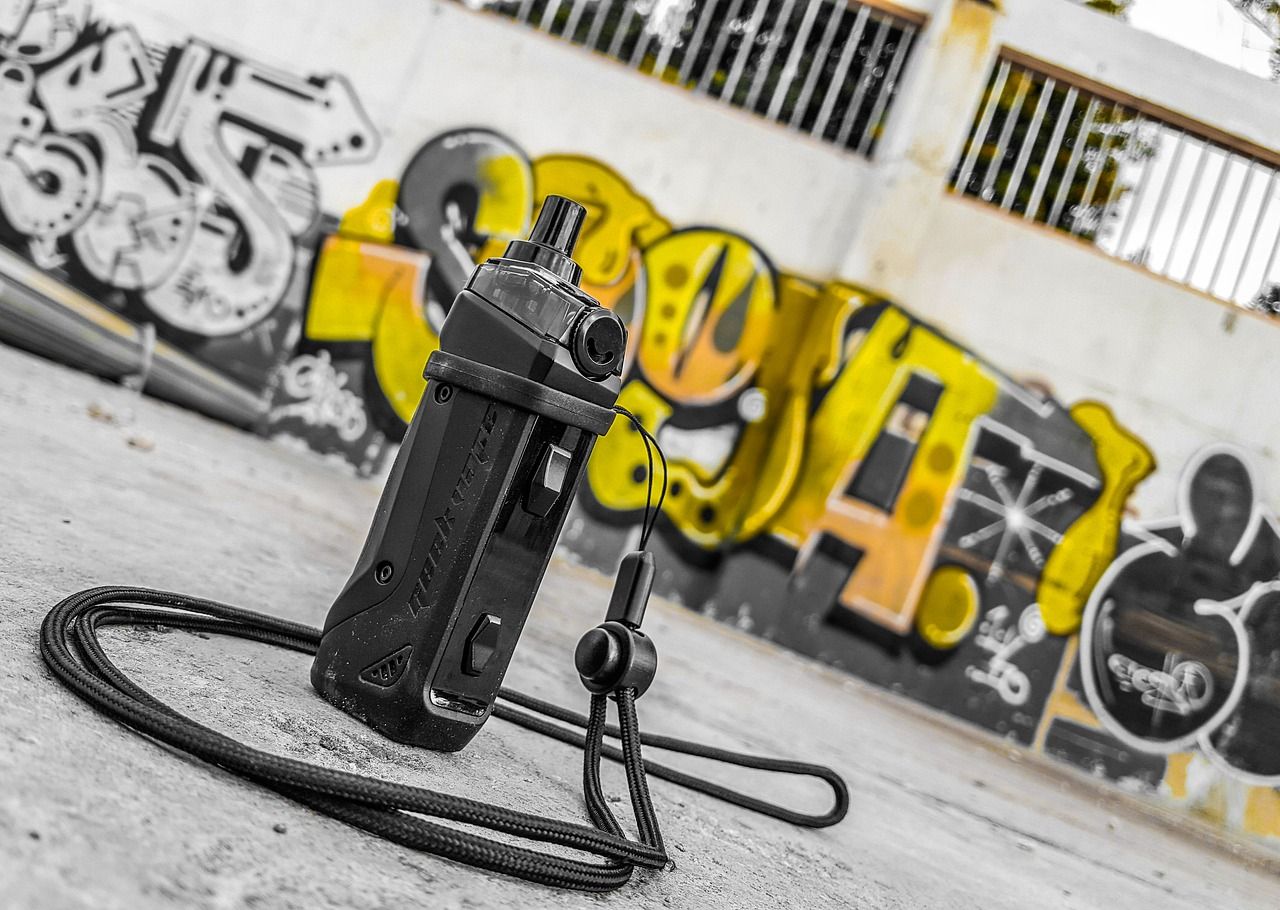Introduction
The rise of social media has transformed the way businesses promote their products, and the vaping industry is no exception. With stringent regulations limiting traditional advertising methods, many vaping brands have turned to influencers to market their products. Social media influencers, particularly those on platforms like Instagram, TikTok, and YouTube, play a pivotal role in shaping public perception, driving sales, and fostering brand loyalty within the vaping community.
The Influence of Social Media in Vaping
Social media has become the epicenter of marketing for the lost mary bm6000 industry. With millions of users engaging with content daily, platforms like Instagram and TikTok provide an ideal space for brands to reach potential customers. Unlike traditional advertising, which is often regulated or outright banned, influencer marketing allows vaping companies to promote their products more subtly and effectively.
Why Vaping Brands Rely on Influencers
- Regulatory Restrictions on Advertising: Traditional advertising channels like television, radio, and even Google ads have strict regulations regarding vaping products. Influencers provide an alternative, leveraging their personal brands to showcase vaping products without direct advertisements.
- Authenticity and Trust: Followers trust influencers more than traditional ads because they perceive them as real people with genuine opinions. This trust translates into higher engagement and better conversion rates for vaping brands.
- Engagement and Community Building: Influencers help create communities around vaping, fostering discussions, reviewing products, and engaging with their audiences in ways traditional marketing cannot.
- Targeted Marketing: Vaping influencers cater to specific demographics, from hobbyist vapers to those using e-cigarettes as a smoking cessation tool. This targeted approach allows brands to reach their ideal audience effectively.
Types of Vaping Influencers
1. Product Reviewers
These influencers specialize in reviewing vaping products, from e-liquids to vape mods. They provide detailed insights on flavor profiles, vapor production, and overall device performance. Many of these influencers have YouTube channels where they conduct unboxings, tutorials, and comparisons, helping potential buyers make informed decisions.
2. Lifestyle Influencers
These influencers incorporate vaping into their daily lives, often posting aesthetically pleasing content featuring vape tricks, stylish product shots, and casual vaping moments. Their content is more focused on the lifestyle aspect of vaping rather than in-depth product analysis.
3. Advocates and Activists
With vaping facing scrutiny and regulatory challenges, some influencers use their platforms to advocate for vaping rights. They educate their followers on industry regulations, scientific studies, and the potential benefits of vaping compared to traditional smoking.
4. Cloud Chasers and Tricksters
A subset of vaping influencers focuses on extreme vaping tricks and cloud chasing competitions. Their content is highly visual and entertaining, making it popular on platforms like TikTok and Instagram.
The Impact of Influencers on the Vaping Market
1. Driving Sales and Brand Awareness
Influencers introduce their audience to new vaping products, often through sponsored posts, giveaways, or discount codes. This exposure helps brands gain visibility and boost sales.
2. Shaping Consumer Preferences
Many consumers rely on influencers' opinions when purchasing vaping products. A positive review or endorsement can significantly impact the popularity of a particular brand or product.
3. Creating Trends
Influencers play a key role in setting vaping trends, from popular flavors to new device innovations. Their content often dictates which products become bestsellers in the market.
4. Building Community and Engagement
Vaping influencers foster a sense of belonging among their followers, creating online communities where vapers can share experiences, ask questions, and stay updated on industry trends.
Ethical Considerations and Controversies
While influencer marketing is highly effective, it also comes with ethical and legal concerns, particularly in the vaping industry.
1. Marketing to Minors
One of the biggest concerns is the potential appeal of vaping content to minors. Platforms like TikTok and Instagram have young audiences, and regulators fear that influencer marketing could encourage underage vaping.
2. Lack of Transparency
Some influencers fail to disclose paid partnerships, misleading their followers into believing their endorsements are unbiased. Regulatory bodies like the FTC (Federal Trade Commission) require influencers to clearly state when content is sponsored.
3. Health Concerns
Despite its growing popularity, vaping remains a topic of debate regarding its long-term health effects. Critics argue that influencers may downplay the risks associated with vaping in favor of promoting brands.
Regulations and Future Outlook
1. Stricter Advertising Policies
Social media platforms have begun enforcing stricter policies on vaping-related content. For instance, Instagram and TikTok have banned paid promotions of vaping products. This has led influencers and brands to rely more on organic content and community engagement rather than direct promotions.
2. Evolving Influencer Strategies
With changing regulations, vaping influencers are adapting by focusing on educational content, advocacy, and more subtle marketing techniques rather than outright endorsements.
3. The Shift to Alternative Platforms
Some influencers have moved to platforms with fewer restrictions, such as Discord, private forums, and specialized vaping communities, where they can continue engaging with their audience without as many limitations.
Conclusion
Influencers have become an integral part of the vaping industry, driving sales, shaping consumer preferences, and fostering a strong online community. However, the industry faces increasing scrutiny, and brands must navigate ethical and regulatory challenges carefully. As influencer marketing continues to evolve, transparency, responsibility, and compliance with regulations will be crucial for sustaining the role of influencers in the vaping space.
Whether for advocacy, product reviews, or community-building, influencers will likely remain a key force in the industry’s growth, but their approach will need to adapt to the shifting landscape of digital marketing and public policy.
